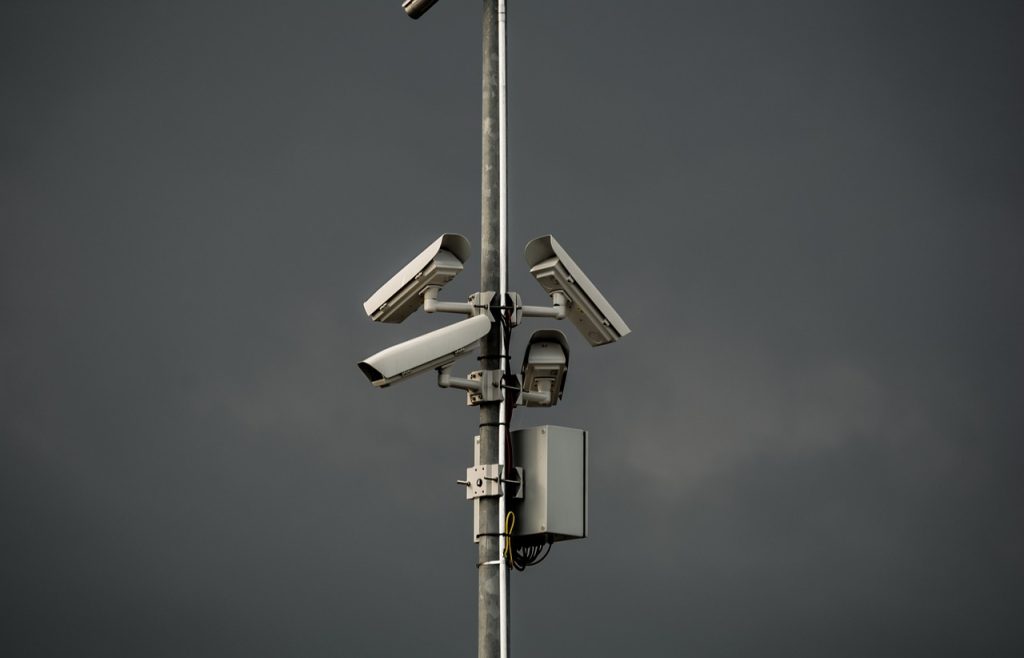
The European Commission has begun issuing “disposable” laptops and mobile phones to officials traveling to the United States—precautionary measures previously reserved only for visits to China and other countries with heightened levels of electronic surveillance. This development was reported by the Financial Times, citing several senior EU sources.
Such measures are typically employed for travel to nations where aggressive cyber activity is anticipated, such as China or Russia. Now, however, it appears that the United States has joined that list. According to the report, the European Commission has updated its internal guidelines: officials attending the spring meetings of the IMF and the World Bank in Washington are now advised to use only “clean” and isolated devices.
One EU official stated bluntly that “the transatlantic alliance is over.” Sources speaking to the Financial Times explained that the Commission fears attempts by the United States to access its internal systems. “They’re worried the Americans might infiltrate the Commission’s infrastructure,” said one source.
Relations between the EU and the US have significantly cooled in recent months. The deterioration stems from a series of aggressive moves by the American administration, including threats of incursion into Greenland, the imposition of tariffs on European imports, controversies involving statements by Elon Musk, the visit of Vice President J.D. Vance with his lectures on freedom of speech, and the public humiliation of the Ukrainian president. In response, several European countries—including Germany, Denmark, the Netherlands, and Ireland—have revised travel advisories for citizens heading to the US. Transgender travelers, in particular, are now cautioned to prepare for possible entry denial.
France also expressed discontent: the Minister of Higher Education and Research filed an official complaint after a French scholar was denied entry to the United States for a conference. The alleged reason was the content of his phone—US border agents reportedly found critical remarks about the government, which they deemed to be accompanied by confidential information.
While the use of temporary devices is not, in itself, unusual—being standard protocol for those handling sensitive information—the extension of these practices to travel to the United States is widely viewed as a troubling development. Not long ago, revelations of US intelligence tapping Angela Merkel’s phone sparked international outrage. Yet the current measures by the European Commission appear more institutionalized and formalized.
Geopolitical analyst Luuk van Middelaar observed that, although the US is not China or Russia, it remains “a rival inclined to employ extralegal methods in defense of its interests.” According to him, this behavior extends even to democratic administrations and represents “a sober acknowledgment of reality” by Brussels.
In response to an inquiry from The Register, the European Commission did not deny that it was issuing special equipment to its staff, though it refrained from confirming any formal directive. A Commission spokesperson explained that information bulletins concerning several countries, including the United States, had been updated “in light of changes in communication practices and the growing global cyber threat landscape.”
The Commission has also recommended linking electronic visas to the laissez-passer document for senior officials, in order to emphasize the official nature of such visits and simplify visa procedures at consulates. According to Financial Times, the publication stands firmly by the accuracy of its reporting—despite Brussels’ cautious response.


